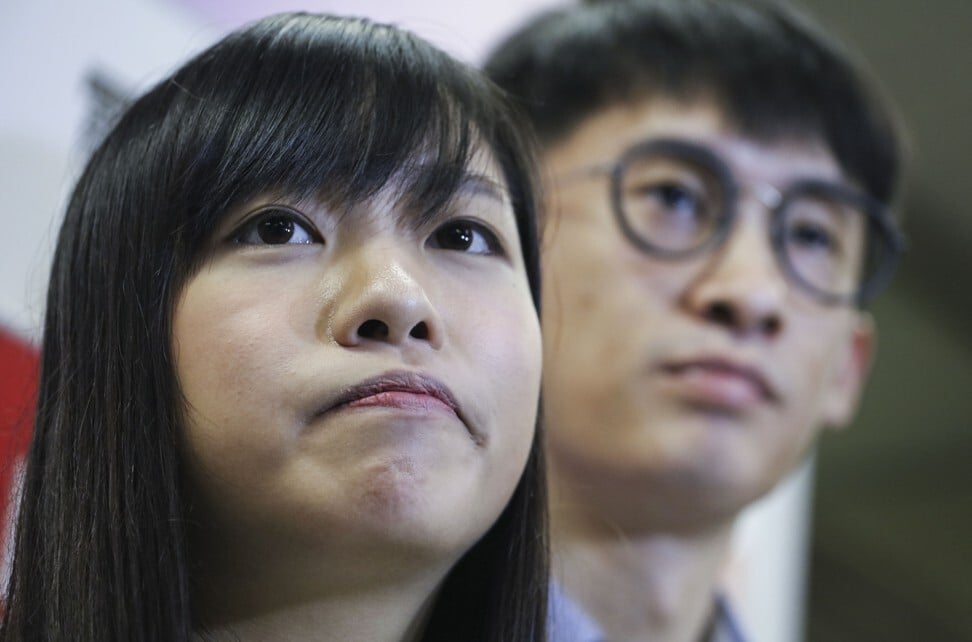
Hong Kong must reject all pressure on judiciary to do the government’s bidding
- Although separation of powers is not mentioned in the Basic Law, it is the de facto principle that underlies the independence of the city’s judiciary. The pro-Beijing camp must stop its attacks on the courts’ credibility
The political intent – to ensure “cooperation of the three powers” – is clear.
The phrase “separation of powers” was not inserted in the Basic Law, the city’s mini-constitution, because Deng Xiaoping opposed the idea. Deng believed that this principle from Western democratic countries was not entirely applicable to Hong Kong.
However, the spirit of it is embodied in the Basic Law – the division of powers between the administration, the judiciary and the legislature are clearly mapped out with checks and balances among them.
However, ever since the 2003 mass protests that led to the shelving of the Article 23 national security bill, the scene has changed. The Chinese Communist Party has slowly tightened its control over Hong Kong and the central government’s liaison office has been granted more power, operating at times almost as a de facto “second government” in Hong Kong.

Hong Kong’s judiciary treading an increasingly fine political line
The duo put further pressure on the judiciary by demanding it clarify remarks supposedly made by High Court judge Albert Wong Sung-Hau at a legal briefing in July for all magistrates. Wong’s remarks for judges to be impartial were seen by some as a warning to “blue judges” to be careful about letting their political opinions seep into judgments.
All this seems like a well-organised effort to exert pressure on the judiciary. Is the aim to force all judicial professionals to yield and ensure that the law serves the Communist Party’s political purposes? Chow and Quat’s accusations insult the courts and attack the judiciary’s credibility. All concerned should be held to account.
Hong Kong is undergoing its most difficult period since the handover. If the government insists on drifting away from the spirit of separation of powers and one country, two systems, Hong Kong will soon lose its status as a renowned international financial centre. The price to pay for that scenario would be huge.
Albert Cheng King-hon is a political commentator

